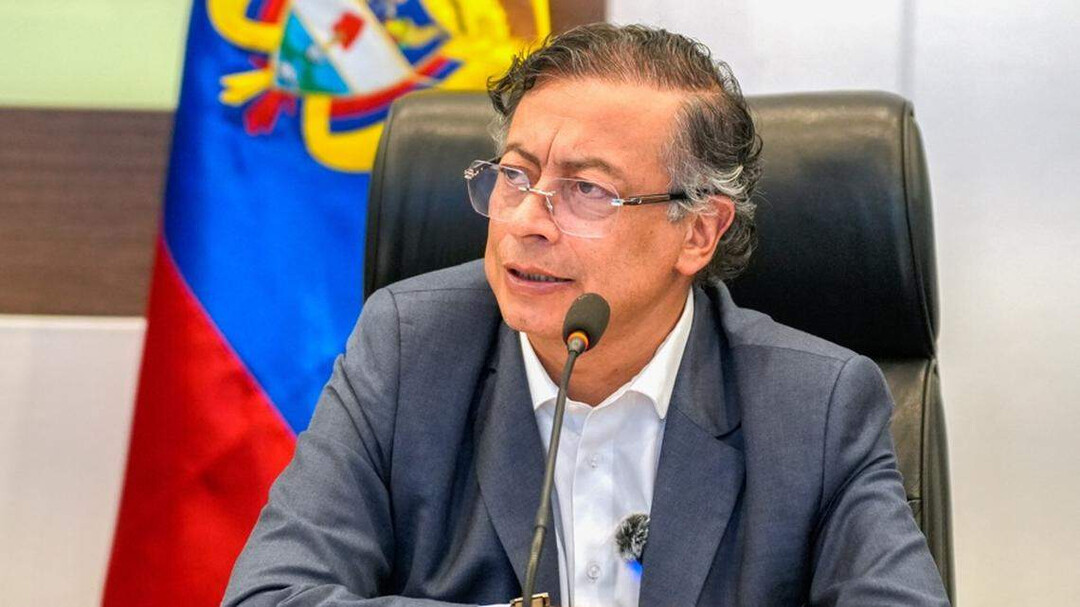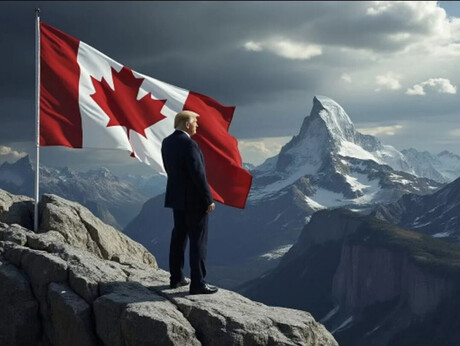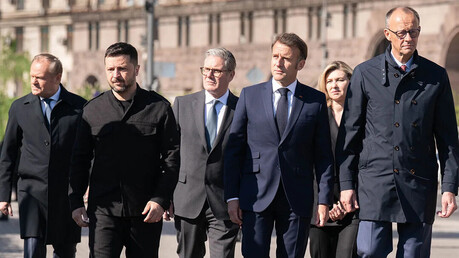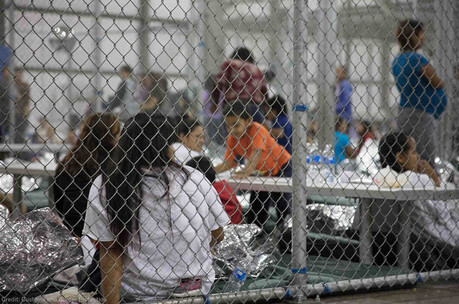
An observation has been raised that U.S. President Donald Trump may suspend budget support for drug trafficking eradication to the Gustavo Petro administration in Colombia. This massive fund amounts to 700 billion won ($500 million), and if the support is suspended, the Colombian government is expected to face severe financial pressure.
According to reports from local Colombian media, senior military and police officials in Colombia are scheduled to visit Washington D.C. next week to secure this funding. This visit is interpreted as a reflection of the U.S. government's strong dissatisfaction with President Petro's anti-U.S. actions and independent drug policies.
The Conflict Caused by President Petro's 'Independent Path'
As Colombia's first leftist president, Petro, since his inauguration in August 2022, has attempted a 'paradigm shift' by moving away from the existing U.S.-led drug eradication policy to focus on intercepting maritime drug smuggling. He has caused controversy by arguing that reducing drug demand is more important and even mentioning the possibility of legalizing cocaine. However, according to a report by the United Nations Office on Drugs and Crime (UNODC), this policy has not shown much effect, and the area of coca leaf cultivation in Colombia rather increased by 10% in 2023.
In addition to these policy disagreements, President Petro has had diplomatic friction with the Trump administration. Last January, he angered President Trump by refusing to allow a deportee flight to land, stating, "We are not Nazis." Recently, he also led the announcement of a joint statement by Latin American countries, criticizing the U.S. military's sinking of a drug transport vessel near Venezuela as an "act of murder."
The Impact on the Colombian Government if the Budget is Suspended
The U.S. government is scheduled to decide by the 15th whether to continue to recognize Colombia as a drug eradication partner country. If the budget support is suspended, it is expected to be a major burden on the Petro government, which has recently been shaken by terrorist attacks from drug trafficking organizations.
U.S. budget support has been a key source of funding for 'Plan Colombia', Colombia's drug eradication program. This program, which began during the Bill Clinton administration in 1999, focused on suppressing drug production and distribution and eradicating illegal armed groups. The U.S. has provided billions of dollars to Colombia, along with military equipment such as helicopters and aircraft, and training. However, if the support is cut off, Colombia's military strength and ability to maintain public order could be significantly weakened.
Furthermore, as Colombia has been dependent on U.S. support, the suspension of the budget could have a negative impact on the overall Colombian economy. The spread of the drug trafficking industry deepens the instability of the country and is a factor in increasing the social crime rate.
Heightened Regional Tensions
The U.S. action is receiving more attention in conjunction with military tensions in the Caribbean region. Recently, the U.S. military's 'provocative' actions have continued, such as the gathering of U.S. naval vessels near Venezuelan waters.
Some military experts even compare this to a 'regime change' situation, similar to the U.S. invasion of Panama in the late 20th century. The Trump administration's hardline stance is deepening the conflict with the Petro government, which could eventually escalate anti-American sentiment in the Latin American region.
Colombia has long suffered from the problems of drug production and illegal armed groups. The long-standing alliance with the U.S. has played an important role in solving these problems, but President Petro's independent path is jeopardizing this relationship. Colombia is now facing two challenges: solving the drug problem and financial pressure.
[Copyright (c) Global Economic Times. All Rights Reserved.]





























